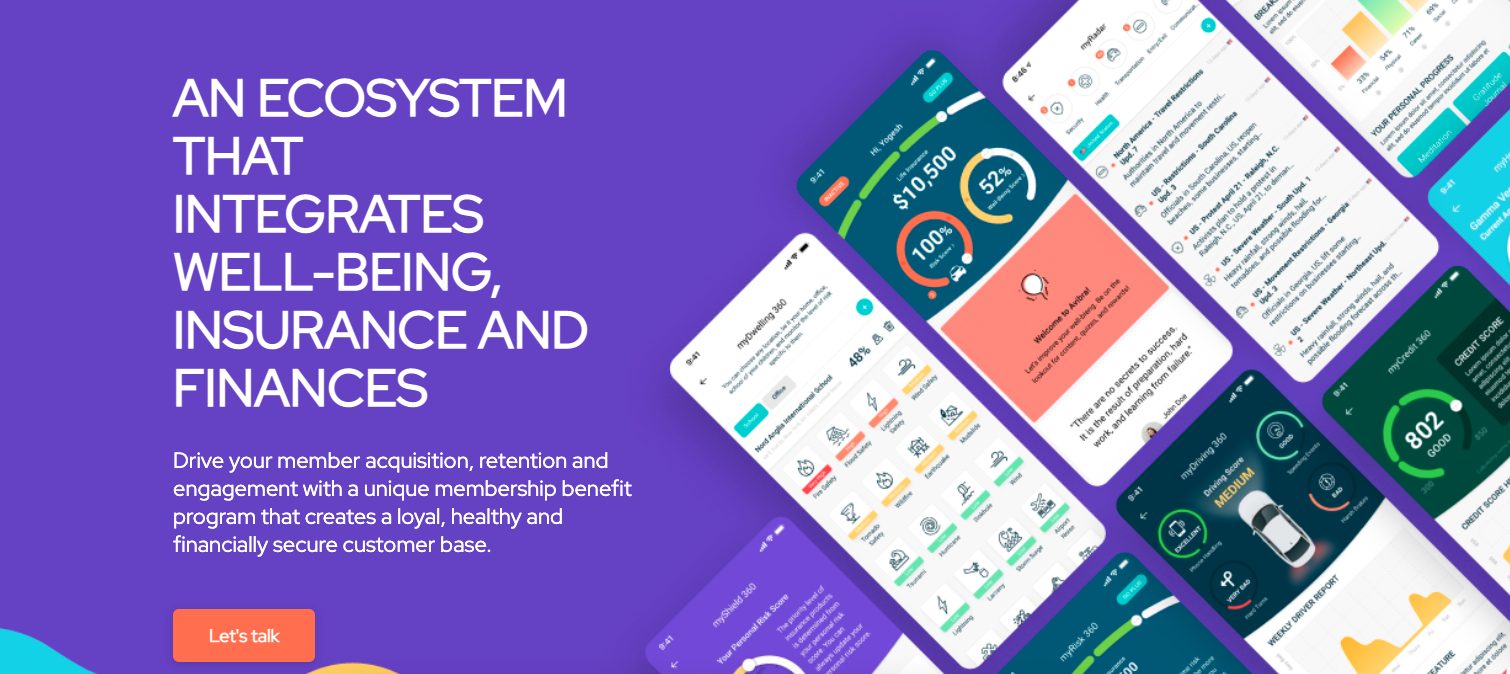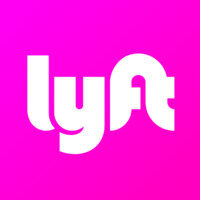UNest and Avibra announce partnership
UNest, the startup helping parents invest and save for their kids’ future, is partnering with Avibra, the insurance startup that has yet to find its true purpose, to offer families access to “valuable services” including no-cost life insurance policy and a 15% discount on Avibra’s Dollar Benefits Store.
As part of the partnership, UNest customers will get access to a $10,000 complimentary AD&D insurance policy, with the ability to earn up to $5,000 more, powered by Avibra. UNest families can also select “a la carte benefits” for $1 per week through Avibra’s Dollar Benefits Store. These benefits include Critical Illness, Accident Medical Insurance, telemedicine, and more. Parents on the UNest platform will be able to access Avibra through the UNest Rewards section of the app.
Avibra, which secured over $10 million in funding, describes itself as a personal well-being, risk and protection advisor. The startup began its journey by offering free term life insurance coverage with small amounts to users who demonstrated healthy habits (watching well-being videos, meditating, etc). Users have to sign in to the app frequently in order to keep their minimal coverage active. The idea behind the free coverage is to get people in and engaged and eventually offer them traditional coverages with traditional amounts, but the person interested in free thousands of dollars of life insurance coverage is not your traditional life insurance buyer.
Then, Avibra introduced a paid product that has many benefits including myLocation (identifies risks based on your location); myRadar (alerts you in advance of possible events or threats); myDwelling (offers a risk profile for where you live); myHealth (teaches you about possible health risks you may be facing), and myRide (informs users of risks based on driving behaviors). These benefits come with $5k in life insurance coverage, $10k in AD&D coverage, and $1k in accidental medical coverage, and the cost for users is $1.15/wk, which comes to $59.99/yr.
This ~$1 per week offering is Avibra’s Dollar Benefits Store, which also promises 24/7 telemedicine, but this feature is not listed on Avibra’s app or site and this user was not happy about it. Avibra also recently tweeted that roadside assistance is available in the benefits store, but that’s another benefit that isn’t listed or available on the app or website.
Introducing Roadside Assistance for just $1/week in the Dollar Benefits Store!
🚗 Towing
🚙 Emergency Tire Changes
🔑 Lockout
🔋 Battery
⛽ Fuel delivery service pic.twitter.com/6EjpWjHQxp— Avibra (@AvibraLife) October 19, 2021
Avibra also has a feature called myShield, which assesses a person’s risk profile. Users answer a few questions (and receive bonus life insurance coverage) about their assets and then Avibra presents options to get quotes. Avibra’s insurance partners include ASPCA (pet), Millennial Specialty/Spinnaker (renters), and Hippo (home). That’s most of Avibra’s D2C side, but the startup also offers its “ecosystem” via a B2B model.

“Together with Avibra we are addressing three key areas for families – financial, insurance, and healthcare. As the leading app to help parents save for their kids’ future, we have insight into other focus areas for our customers. Alongside pragmatic saving and investment tools, families need insurance coverage and access to healthcare. Avibra shares our customer-centric philosophy and desire to create solutions that empower underserved communities.” – Ksenia Yudina, CFA, founder and CEO of UNest.
“We are both mission-driven companies and the close alignment in our ethos makes this collaboration a natural fit. Similar to UNest, we believe that everyone deserves access to top-quality healthcare and financial solutions. Avibra’s team is focused on improving the lives of hard-working families. Through this partnership, we hope to inspire parents and their kids to be proactive in preparing for each life stage.” – Yogesh Shetty, Founder and CEO of Avibra.
Bottom Line: There are many wrong things here but what makes you think that parents capable of saving for their kids’ future aren’t capable of affording traditional life insurance?





